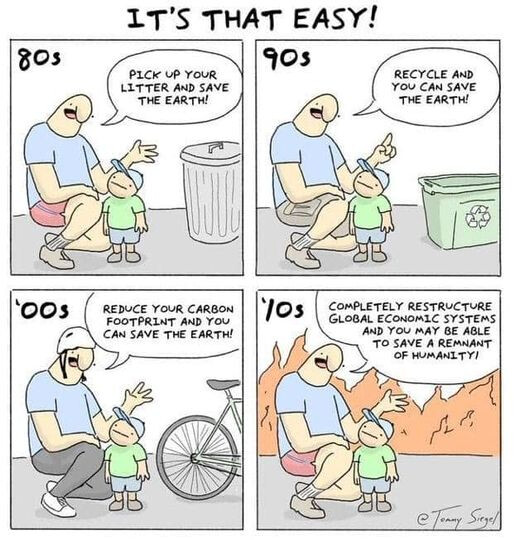I have another book recommendation - but strictly only for data freaks! - Slowdown by Danny Dorling.
Dorling is a professor of social geography with a meticulous statistical bent - and an unusual focus not so much on analysis of distributions or changes, but on mapping rates of change.
The book reinforces what we already know about climate and other environmental degradation, but with some quite different insights. I’m less than halfway through (I got it for Xmas) but the argument shaping up is that not only do we have to slow down. but that we are already slowing down - indeed in some ways have been for some decades - that the world of all kinds of growth and ‘progress’ we imagine we are still living in is in fact already ending, as it must, and an entirely different world of slow stability is already taking over.
There are many challenging explorations - Dorling does not, for example, believe in the recent ‘data explosion’ or the increasingly rapid pace of technological advance - but one example that has particularly struck me is population growth. Dorling demolishes the old UN projections of over 11 billion people by 2100, and with them the idea that population plays a significant role in climate change. He looks, for instance, at the growing sophistication of the modelling of the demographer Jorgen Randers, who in 1972 predicted 15 billion by 2030, but now predicts a peak of around 8 billion in 2040, then long decline. Most demographers have similarly revised their whole approach, and now project that in 2100 the Earth’s population will actually be lower than it is now.
In this and many other ways, our children’s lives will be shaped not by growth, but by deceleration or stability - our challenge is to mitigate climate/ecological breakdown (which we have to do urgently, now, or there will be no future for most of our children) - but if we succeed, our children will live in a world that is smaller and slower than our own: that will be their challenge.



